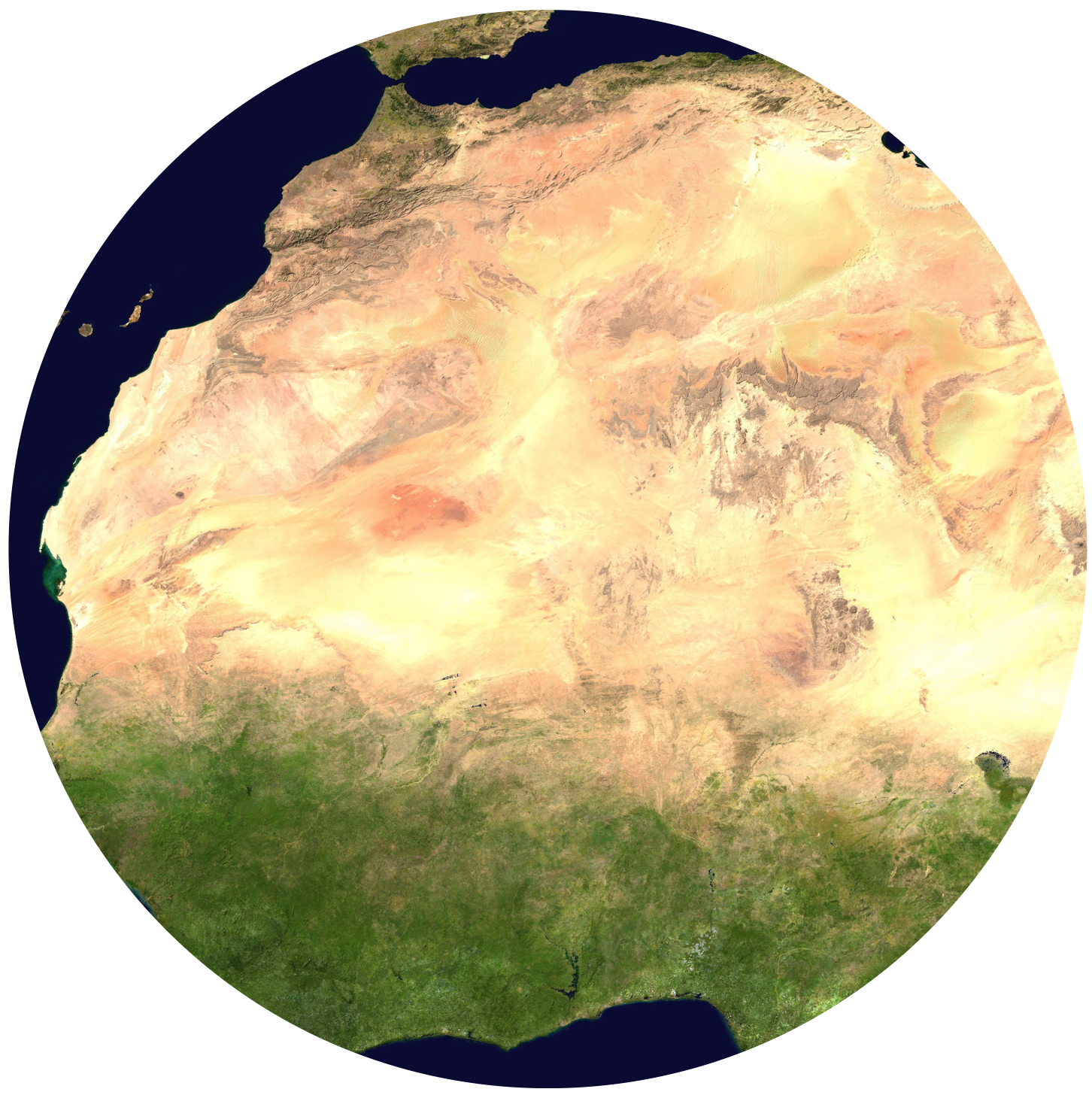Renewed fighting in Libya’s south has left scores dead, and many more displaced by violence. King Mohammed VI of Morocco’s reaffirmed his commitment to a new model of development to reduce social inequality. And Prime Minister Yousef Chahed has renounced his duel-French nationality in order to run for the presidency in Tunisia.
Algeria
The tech company Huawei has denied reports that it is helping the Algerian government to spy on its political opponents, which comes following a number of claims that the company has been helping the Chinese government to spy on foreign powers (Middle East Monitor)[1]. The statement is a response to a Wall Street Journal investigation that accused the company of helping the Ugandan, Zambian and Algerian governments to spy on political opponents (The Wall Street Journal)[2]. Meanwhile, the opposition Socialist Forces Front said in a statement that the Algerian government should take inspiration from Sudan, and open negotiations for a “democratic transition” (Asharq AL-Awsat)[3].
There were further demonstrations in Algiers by protestors, bringing the number of continuous weeks of protest to 26 (La Croix)[4]. And, the Director of Communication and Advocacy for the Middle East/North Africa Region of Human Rights Watch, Ahmed Benchesmi, was expelled from Algeria following a 10-day detention period (BFM TV)[5].
Egypt
Following an outcry by human rights groups, the United Nations has postponed a conference in Cairo on torture that was to take place in September (Reuters)[6]. In a statement, a UN spokesman said that the UN was “well aware of the growing unease” in the NGO community regarding Egypt as a host. Meanwhile, there was a mixed reaction by human rights activists following a new law regulating NGOs in Egypt, with some saying that it is a step forward while others dismissed it as more of the same (Federal News Network)[7]. The new legislation partially eases the bureaucratic process for establishing an NGO and eliminates jail penalties for violating funding rules.
In North Sinai, security forces killed 11 suspected Islamists in a gun-fight in Al-Arish, according to the Ministry of Interior (Reuters)[8]. And Egypt’s National Cancer Institute has re-opened to full capacity following the bomb attack it suffered earlier this month (Africa News)[9].
Libya
There has been renewed fighting in Libya, with reports of violence in the southern town of Murzuq and in Sabea, in south Tripoli (UN News; The Libya Observer)[10]. The reports of the former have been great concern to the UN who said that clashes have left over 90 dead, with thousands of “terrified” civilians displaced. Other reports have suggested that Khalifa Haftar is strengthening his military presence around Libya’s largest oil field, Sharara in southern Libya due to its strategic importance (Oilprice.com)[11]. Despite this, the UN Special Envoy Ghassan Salamé claimed in an interview that Libya still has a chance for peace that will materialize when combatants fatigue of war, and when international powers overcome their differences on the issue (Bloomberg)[12].
In other news, human rights organizations have called for an investigation into the disappearance of Siham Sergiwa, a Libyan member of Parliament who was abducted from her home in Benghazi by armed gunmen four weeks ago, following her vocal criticism of the new offensive in Tripoli (Amnesty International; Human Rights Watch)[13].
Mauritania
The International Finance Corporation (IFC), the division of the World Bank related to investment, will vote in October 2019 on the approval of a $US 300 million investment in a gold mine in the Tasiast region of Mauritania (Ecofin Agency; Financial Afrik)[14]. This decision comes less than a month after President Mohamed Ould Ghazouani took over as president and is the first ever IFC project in Mauritania. The investment will be utilized by the Kinross Gold Company, a Canadian firm, to strengthen their gold-mining operations in Mauritania and is hailed as a way to bolster local job prospects and economic growth.
In other news, a lack of rain in 7 out of 13 of Mauritania’s regions, has been a grave concern for many Mauritanian farmers who say they do not have sufficient pasture for their livestock (BBC News Afrique; RFI Afrique)[15]. Mauritanian meteorological services have said that this situation is a result of climate change.
Morocco
In a nationwide address, King Mohammed VI reaffirmed the priorities and orientation of Morocco’s new model of development, a model announced on the occasion of his 20-year reign as a strategy to reduce social inequalities and develop the nation as a whole (La Tribune Afrique)[16]. One of the current priorities has been security, and news has again focussed on Morocco’s security operations in the Mediterranean Sea. There have been reports that the Moroccan navy disrupted an attempt to smuggle 4 tons of cannabis to Europe (Morocco World News)[17]. Meanwhile, a Spanish newspaper has praised the role of Morocco in reducing irregular migration into Spain by 39% (El Pais)[18].
In other news, Jorf Lasfar and Mohammedia, two Moroccan coal-fired power plants, have been ranked by Greenpeace as one of the most important sources of sulphur dioxide emissions in the world (Le Matin)[19].
Tunisia
In a speech on public television Youssef Chahed, the current Prime Minister and presidential candidate, said he has “decided to delegate his powers as head of government to the Minister of Public Service until the end of the election campaign” (Jeune Afrique)[20]. This comes as Chahed renounced his French duel-nationality due to the constitutional requirement that the Tunisian President be of Tunisian nationality alone (Le Monde)[21].
Elsewhere, ten independent presidential candidates lodged court appeals against the initial roaster released by the higher electoral commission for rejecting their applications (Asharq Al-Awsat)[22]. Reports suggest that the ten were rejected due to accusations of violating national laws.

